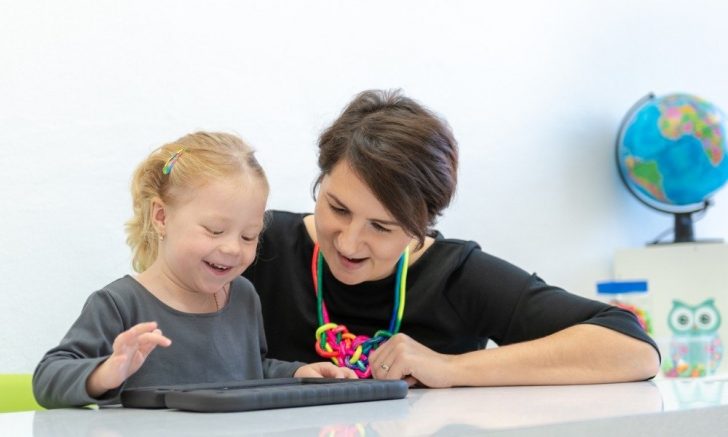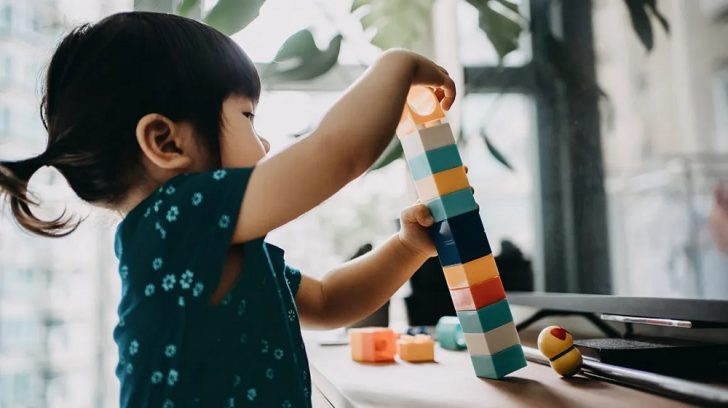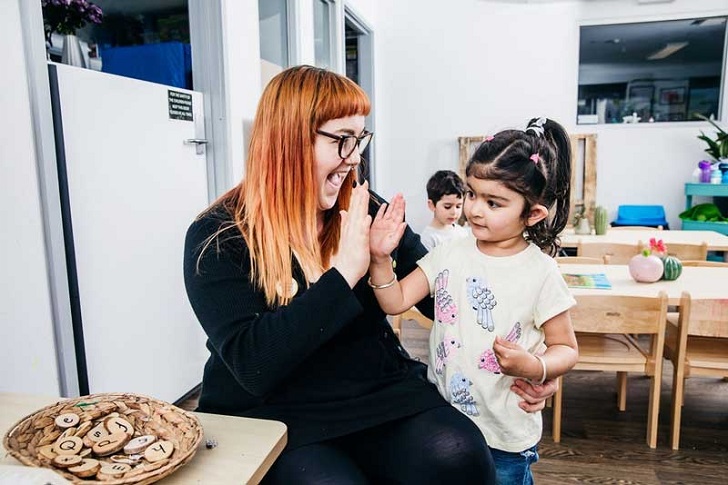Having a child with developmental delays can be overwhelming for parents. As a parent, you want the best for your child, and knowing where to start or how to help them can be challenging.
However, there are many things that you can do as a parent to help your child with a developmental delay. This comprehensive guide will explore various ways to help a child with developmental delays.
Understand Developmental Delays
Before you can help your child with a developmental delay, it is essential to understand the condition.

Developmental delays can impair a child’s cognitive, motor, and social-emotional skills. It is best to consult a professional to determine the extent of the developmental delay in your child. Once you clearly understand your child’s condition, you can tailor their treatment plan to ensure their needs are met.
Provide a Loving and Supportive Environment
Children with developmental delays need a nurturing environment with a supportive and positive atmosphere. Ensure your child experiences love, acceptance, and encouragement from the family, which can help them develop a positive self-image.
Positivity should extend to their school environment, where teachers and peers should embrace and support them.
Seek Early Intervention
Early intervention programs play a critical role in treating developmental delays. If you suspect that your child has a developmental delay or a learning disability, early intervention is necessary.
Early intervention can diminish the severity of the condition and sometimes even eliminate the developmental delay. Early intervention can improve your child’s outcomes and increase their chances of success in life.

Engage Your Child
Incorporate fun activities that engage your child while encouraging intellectual, social, and emotional development. Engaging your child in stimulating activities can help boost cognitive development and ease behavioral issues.
Engage your child in child-friendly educational toys, such as puzzles, games, picture books, and other activities that improve communication, gross and fine motor skills.
Collaborate with Professionals
Collaboration with pediatricians, teachers, therapists, and other professionals involved in your child’s development can create a comprehensive treatment plan that supports your child’s development.
Regular meetings and communication with professionals can help you determine your child’s progress and identify areas that need improvement. Ask your child’s doctor for recommendations if you’re unsure where to start.
Foster Communication
Communication and language development can be particularly challenging for children with delays. Please encourage your child to communicate in any way possible, whether using words, gestures, or pictures.

When they try to communicate with you, be patient and attentive. Repeat what they say to you to let them know you understand, and use simple language they can understand. Reading to your child and engaging in conversation can also help improve their language skills.
Celebrate Progress, No Matter How Small
Finally, it’s essential to celebrate your child’s progress, no matter how small it may seem. Children with developmental delays can progress differently than other children, but even small steps forward are significant.
Acknowledge your child’s efforts, encourage them to keep trying, and continue to provide them with the support they need to reach their full potential.
